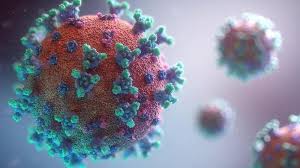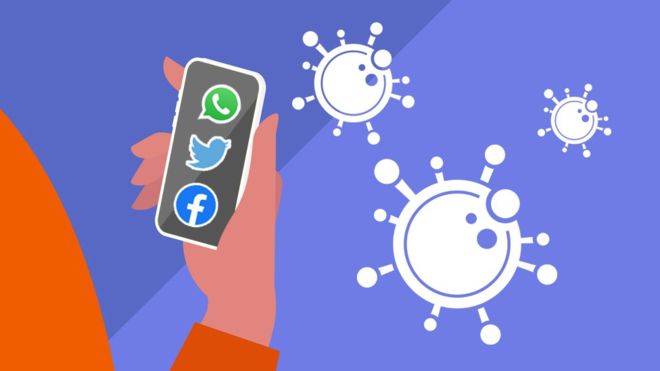Coronavirus disease: What is it and how can I protect myself?

Coronavirus: How exposed is your job?
May 14, 2020
Coronavirus: Why some countries wear face masks and others don’t
May 16, 2020What is COVID-19 and how can I protect myself?
Answer From Pritish K. Tosh, M.D.
A new virus called the severe acute respiratory syndrome coronavirus 2 (SARS-CoV-2) was identified as the cause of a disease outbreak that began in China in 2019. The disease is called coronavirus disease 2019 (COVID-19).
In March 2020, the World Health Organization (WHO) declared COVID-19 a pandemic. Public health groups, including the U.S. Centers for Disease Control and Prevention (CDC) and WHO, are monitoring the pandemic and posting updates on their websites. These groups have also issued recommendations for preventing and treating the illness.
How does COVID-19 spread?
Data has shown that it spreads from person to person among those in close contact (within about 6 feet, or 2 meters). The virus spreads by respiratory droplets released when someone infected with the virus coughs, sneezes or talks.
What are the symptoms of COVID-19?
COVID-19 symptoms can be very mild to severe. Some people have no symptoms. The most common symptoms are fever, cough and tiredness. Other symptoms may include shortness of breath, muscle aches, chills, sore throat, headache, chest pain, and loss of taste or smell. This list is not all inclusive. Other less common symptoms have also been reported. Symptoms may appear two to 14 days after exposure.
Can COVID-19 be prevented or treated?
A vaccine isn’t currently available for the coronavirus disease 2019 (COVID-19). No medication is recommended to treat COVID-19. Treatment is directed at relieving symptoms.
What can I do to avoid becoming ill?
The CDC recommends following these precautions for avoiding COVID-19:
- Avoid large events and mass gatherings.
- Wear a cloth face mask in public areas
- Avoid close contact (within about 6 feet, or 2 meters) with anyone who is sick or has symptoms.
- Wash your hands often with soap and water for at least 20 seconds, or use an alcohol-based hand sanitizer that contains at least 60% alcohol.
- Cover your mouth and nose with your elbow or a tissue when you cough or sneeze. Throw away the used tissue.
- Avoid touching your eyes, nose and mouth.
- Clean and disinfect surfaces you often touch on a daily basis.
If you have a chronic medical condition and may have a higher risk of serious illness, check with your doctor about other ways to protect yourself.
Should I wear a mask?
The CDC recommends wearing cloth face coverings in public places, such as the grocery store, where it’s difficult to avoid close contact with others. It’s especially suggested in areas with ongoing community spread. This updated advice is based on data showing that people with COVID-19 can transmit the virus before they realize they have it. Using masks in public may help reduce the spread from people who don’t have symptoms. Non-medical cloth masks are recommended for the public. Surgical masks and N-95 respirators are in short supply and should be reserved for health care providers.
Can I travel?
If you’re planning to travel, first check for travel advisories. You also may want to talk with your doctor if you have health conditions that make you more susceptible to respiratory infections and complications.
What can I do if I am or may be ill with COVID-19?
If you develop symptoms and you’ve been exposed to the virus COVID-19, contact your doctor for medical advice. If you need to go to the doctor or hospital, call ahead so health care providers can take steps to ensure that others aren’t exposed.
Take the following precautions to avoid spreading the illness:
- Stay home from work, school and public areas, except to get medical care.
- Avoid taking public transportation if possible.
- Wear a mask around other people.
- Isolate yourself as much as possible from others in your home.
- Use a separate bedroom and bathroom if possible.
- Avoid sharing dishes, glasses, bedding and other household items.





